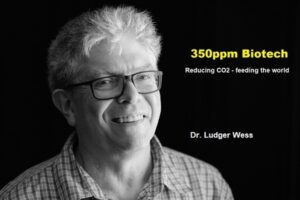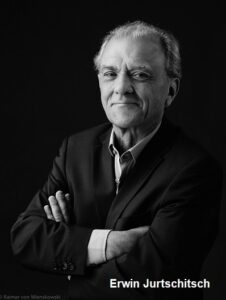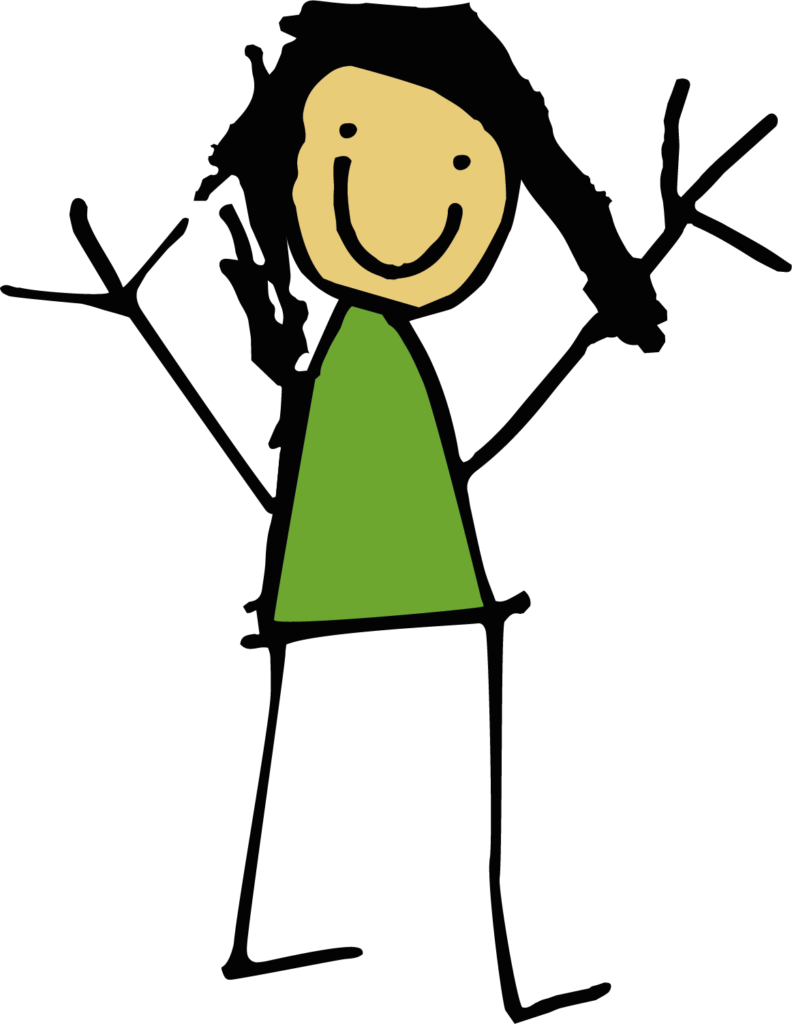
Hamburg/Sines, 26th January 2023 – In Sines, Portugal, the technology of the German biotech company 350PPM is laying the foundation for a food revolution: together with the Norwegian aquaculture experts from Maiken Foods, the world‘s most sustainable onshore salmon fish farm will be built there in the course of this year. In a first step, the plant in Sines will produce 2,000 tonnes of protein per year from 4,500 tonnes of CO2. In the process, the CO2 exhaled by the salmon will be converted into fish feed, creating a sustainable circular economy.
The basis for this impressive balance is provided by 350PPM’s innovative technology: marine bacteria, which essentially feed on CO2 and hydrogen, grow in large tanks. While the CO2 comes from the surrounding production sites, the hydrogen required is produced on site in Sines using green electricity. The marine bacteria consist mainly of protein, the composition of which corresponds to the protein found in fish meal in conventional fish farming and which is obtained from so-called by-catch (young fish, non-edible fish, other marine animals). In conventional aquafarming, up to 5 kilograms of bycatch are needed for 1 kilogram of fish. The protein that 350PPM can produce is a full substitute for fishmeal.
In this respect, the protein produced by 350PPM in Sines not only promotes sea-friendly but also climate-positive fish farming. It also helps to reduce the enormous dependence on protein imports to Europe and thus close the so-called «protein gap».
About 350PPM Biotech
350PPM was founded in 2020 with the aim of enabling more sustainable food production. The German company has developed a climate-positive process in which marine bacteria convert CO2 emissions into protein-rich biomass. In 2023, this technology will be used in the world’s most sustainable onshore fish farm in Sines, Portugal.
For more information, visit www.350ppm-biotech.com
=============================================================================
«Portugal offers us better conditions than Germany!»
An interview with Erwin Jurtschitsch, CEO 350PPM Biotech, about the advantages of Portugal as a business location and the future of innovative, climate-positive fish farming.

Photo Credit: Raimar von Wienskowski
Mr Jurtschitsch, why did you decide to move from Germany to Portugal with your start-up 350PPM Biotech?
Erwin Jurtschitsch: Portugal offers us better conditions than Germany. In Sines, where we are building a climate-positive onshore fish farm with our partner Maiken Foods, we have significantly more sunny days than at any German location, and we use the sun-generated green electricity to run our plant. Moreover, I have the impression that people in Portugal, where we are investing, have already understood how revolutionary, disruptive and sustainable our business goal is.
How revolutionary, disruptive and sustainable is your corporate goal?
Jurtschitsch: I‘ll give you an example. As you may know, in conventional fish farming, so-called fishmeal is fed to the animals. This is nothing more than dead ground-up fish. With our protein, we have succeeded in producing a 100 percent substitute for this conventional fish meal. Against the backdrop of a growing world population with an immense demand for food, we are thus making an important contribution not least against the overfishing of the oceans.
And your protein can also help close the so-called «protein gap», the lack of available proteins, in Europe?
Jurtschitsch: Of course we won‘t be able to do it all by ourselves with our plant in Sines, but we can at least make an initial, very substantial contribution. We are currently seeing how dependencies in the global economy lead to major national, continental problems. And: Europe is currently in a considerable shortage situation as far as the supply of proteins is concerned. According to EuropaBio, we have to secure 70% in this sector through exports. The dependence on players like China is far too great and continues to grow. We Europeans urgently need to take countermeasures. With our plant in Sines, we are doing just that.
How do you achieve a climate-positive production process in Sines?
Jurtschitsch: To breed our fish in Sines, we need little space, hardly any water, the energy is supplied by the sun and our bacteria convert the CO2 emitted by the salmon into protein. Compared to CO2-emission-intensive conventional aquafarming, we have a zero.
Is fish farming the only application example for your technology?
Jurtschitsch: No. Fish feed is not only used in aquafarming, but also in livestock farming. Accordingly, we also see, to put it cautiously, quite a decent potential for our product there. In this respect, the launch in Sines is the first, very important step in the right direction.
=======================================
Contact: Thomas Loetz
Email: t@smashr.biz

